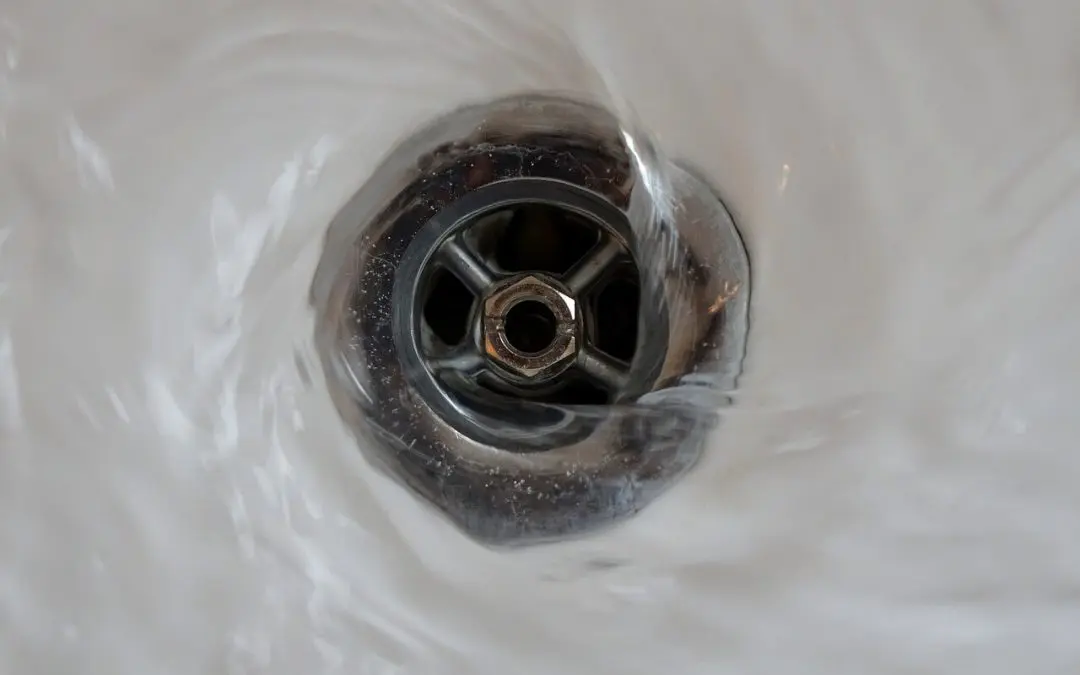As homeowners, one of your biggest responsibilities is maintaining the property. Some of the most frequent and frustrating problems are plumbing-related. What can start as a minor problem often becomes a costly repair if left unchecked. From leaky faucets to burst pipes, plumbing issues can cause significant damage, not to mention high repair bills. Fortunately, there are preventative measures homeowners can take. Here are five effective ways to prevent plumbing problems to keep your home safe, healthy, and in excellent condition.
How to Prevent Plumbing Problems
1. Regular Check-ups
One of the most effective ways to prevent plumbing issues is to schedule routine check-ups and maintenance with a licensed plumber. A professional can spot minor issues before they turn into major problems. The plumber can also verify the pipes are in working order, remove blockages, and check that the water pressure is not too high. You’ll save time, money, and headaches in the long run by being proactive and regularly checking the plumbing.
2. Be Mindful of What You Flush
Toilets and drains are not trash bins. Even if labeled “flushable,” avoid putting anything down the toilet that might block your pipes. Never flush paper towels, baby wipes, or napkins. These items can lead to clogs, causing water to back up and potentially damaging the plumbing system.
3. Install a Water Softener to Prevent Plumbing Problems
Hard water, which contains a high mineral content, can cause damage to your plumbing system over time. The minerals build up, causing clogs, further affecting your home’s plumbing infrastructure and forcing your system to work harder to move water through restricted pipes. A water softener is an effective way to reduce mineral buildup and extend the lifespan of your pipes. Soft water is also better for your skin and hair, making it a win-win.
4. Fix Leaks Immediately
Leaky faucets and pipes may seem minor, but they can quickly escalate into more significant problems. Small leaks lead to water damage, mold growth, and high utility bills, so address them immediately. Leaks can also cause damage to your home’s infrastructure if left unnoticed, leading to cracks, water stains, rot, and other problems.
5. Proper Disposal of Cooking Grease
Cooking grease is one of the leading causes of kitchen sink clogs. Instead of disposing of grease in the sink, allow it to cool and throw it in the trash. Hot oil solidifies as it cools, becoming stuck in the pipes and causing blockages. By disposing of your cooking oil correctly, you’ll prevent kitchen drain clogs and help the environment by not blocking the sewer system.
These five preventative measures will keep your plumbing system operating efficiently and effectively without breaking the bank. Regularly maintaining the plumbing prevents costly and inconvenient problems with the water and sewer lines.
Inspect It Neil provides home inspections to homebuyers and sellers in New Jersey. Contact us to request our services.

